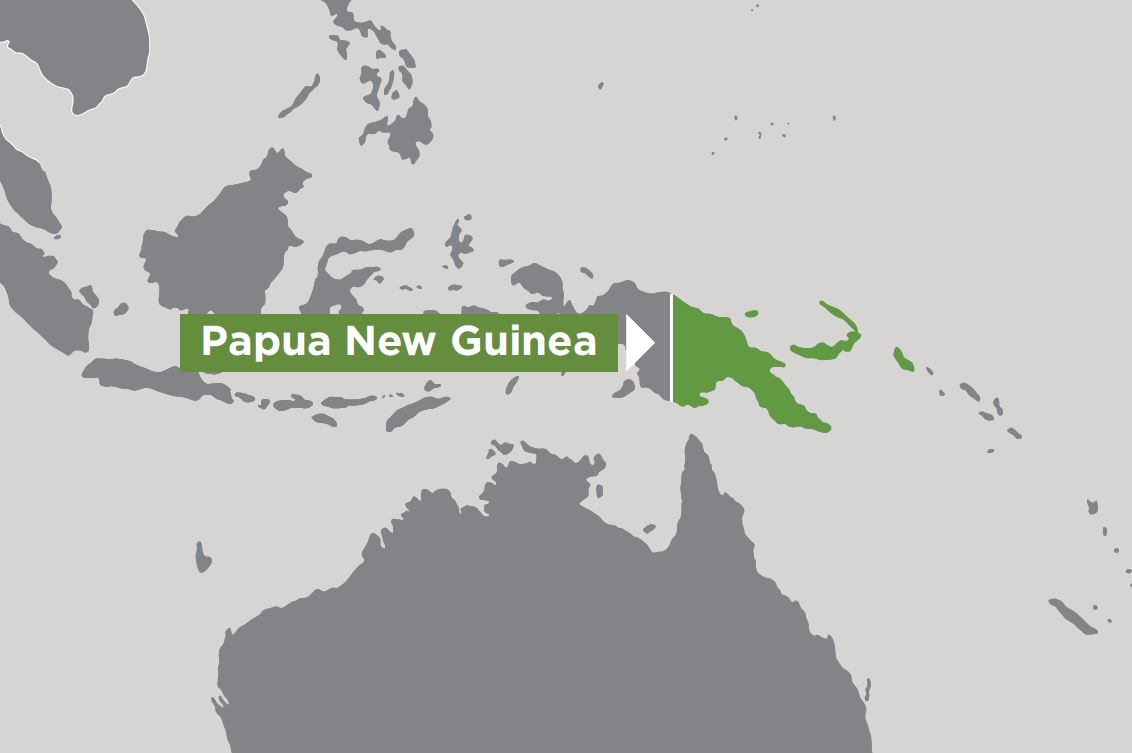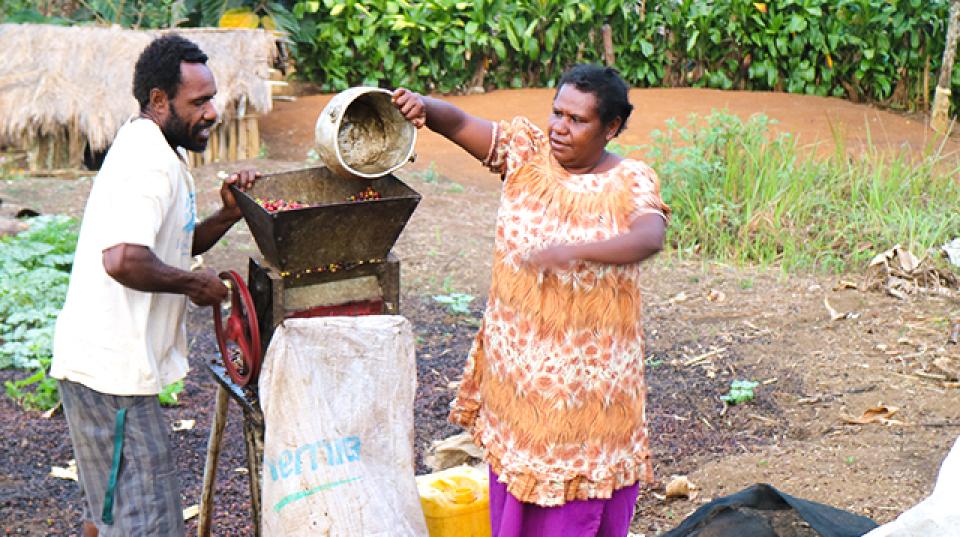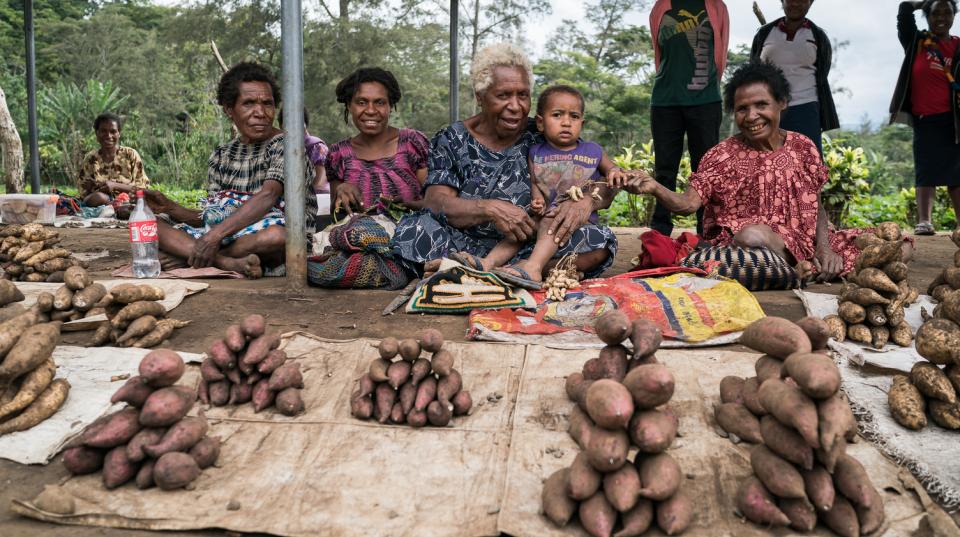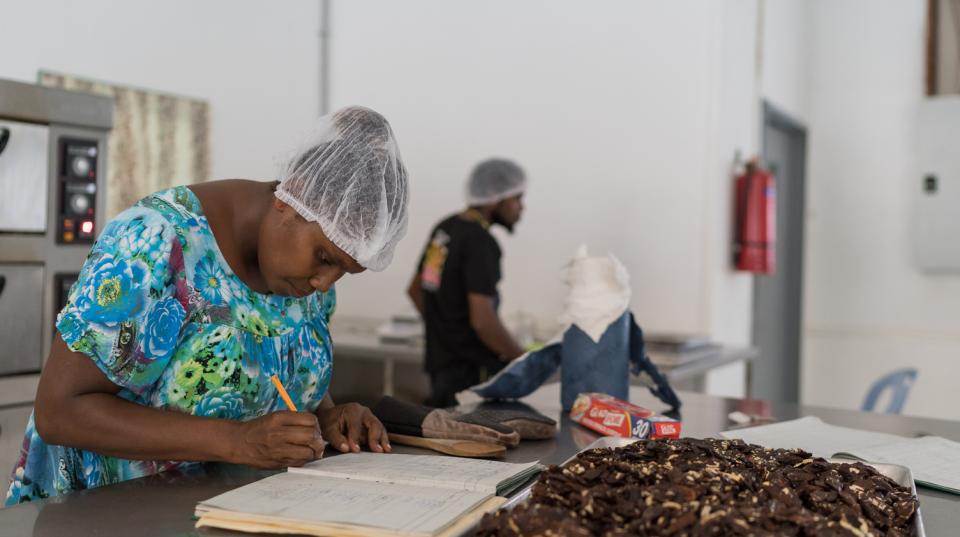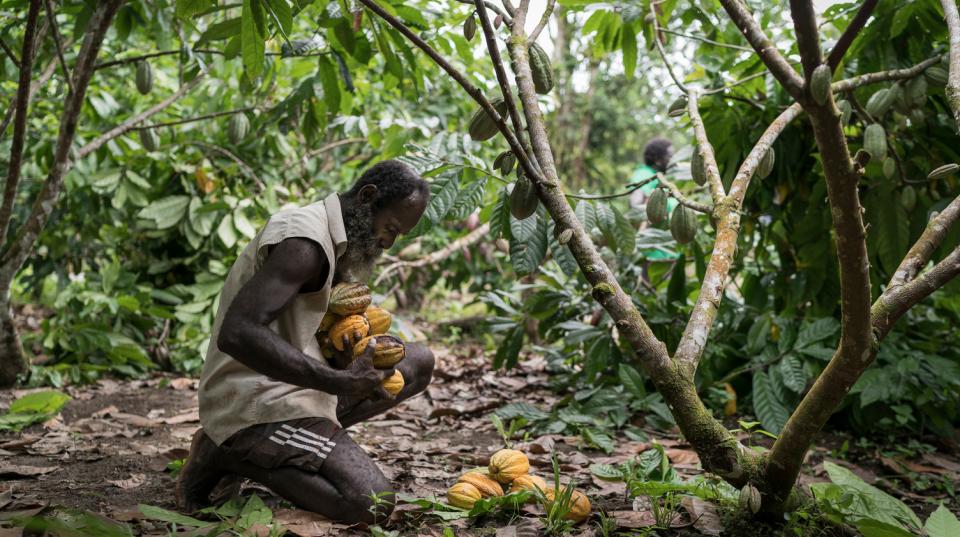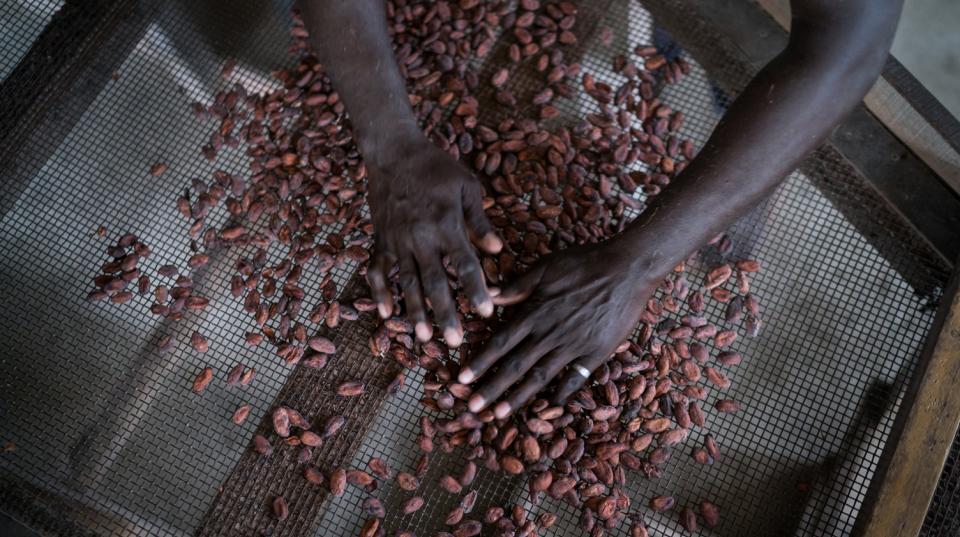Overview
This project aims to put gender-based violence (GBV) on the radar for agricultural and development professionals working in the Pacific region and enhance the effectiveness of programmatic responses to GBV in the context of international agricultural development.
Women's participation in Papua New Guinea's labour force lies at about 70%, with more than 50% of the female labour engaged in agriculture (UNDP, 2017). Women farmers play a prominent role in subsistence food production, agricultural value chains, and rural livelihoods, with an increasing number of women venturing into small and medium-sized enterprise activities (FAO, 2017). Women in agricultural communities have increasingly become the drivers of developing economies, including PNG. Furthermore, the feminisation of agriculture has seen new forms of micro-economies designed to empower women (Pacific Women, 2019).
While such advances have the potential to reduce women's financial dependence on husbands and their susceptibility to GBV, change can also create a backlash, threaten customary male norms of authority, and increase GBV against women (Thomas, Kauli & Borrey, 2018). By negatively impacting health, resilience, and the adaptive capacity of affected individuals, GBV can have a devastating impact on food security and nutrition.
More research is needed to ensure that women in the PNG Highlands can safely participate in agricultural production and contribute to the economy. Although several studies have focused on the issue of GBV in PNG (Eves, 2019; Thomas et al., 2018), there has been little discussion about addressing GBV from an agricultural perspective. This study will specifically explore the determinants of gender-based violence (GBV) in farming communities in the PNG Highlands, as some of the most alarming rates of GBV are found in this region (Richardson et al., 2021).
The PNG Highlands are home to many different ethnic groups, each with its own unique cultures, languages, customs, and traditions. Each of the groups in the Highlands also has different social and economic status resulting in different agricultural practices, land use, and land ownership systems, as well as different social structures (Wiset et al., 2022).
To capture a range of experiences, research will be undertaken in four Provinces; Eastern Highlands Province Western Highlands Province, Jiwaka, and Simbu (Chimbu). Using the primary and secondary data collected through this study, a toolkit aimed at providing clear and practical guidance on GBV risk mitigation will be developed for ACIAR program staff. Tools for researcher safety will also be included in the scope of the toolkit and will include guidelines for managing potential risks and challenges related to fieldwork, such as personal safety, mental health, and navigating sensitive topics. While the project focuses on PNG, the toolkit can be adapted for use in other projects and countries.
Project activities and expected outcomes
- Conducting a scoping review of existing literature to explore the determinants of gender-based violence in farming communities in Papua New Guinea.
- Conducting focus groups and workshops with men and women smallholders in the PNG Highlands.
- Creating a summary report and a set of recommendations to inform the development of a toolkit.
- Providing insights into the determinants of GBV in PNG Highlands farming communities (from a local community perspective).
- Identifying strategies to prevent or mitigate GBV through agricultural interventions in farming communities in the PNG Highlands.
